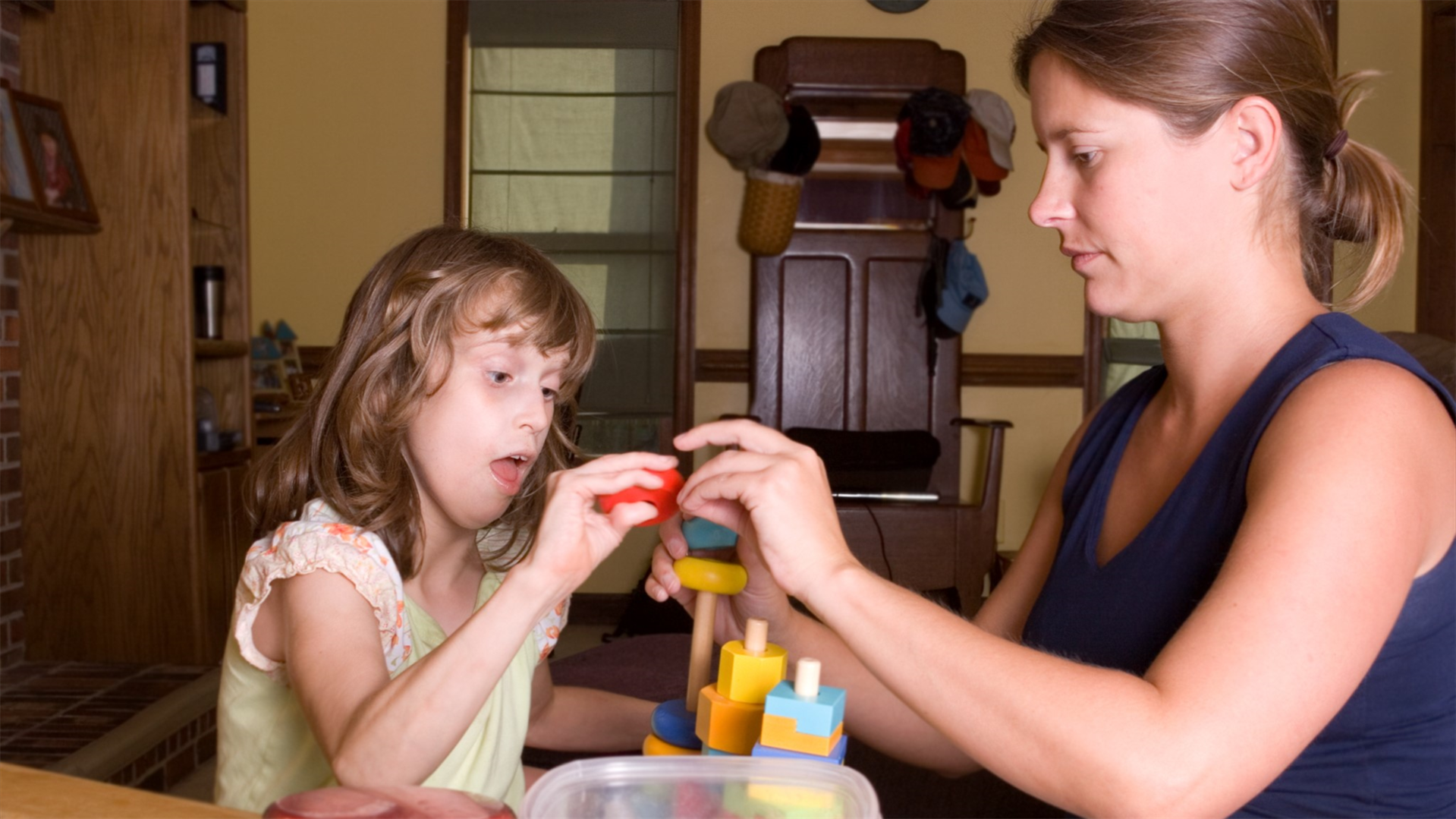Childhood is a time of boundless curiosity, exploration, and growth. However, some children face challenges that impact their ability to engage in daily activities and fully participate in the world around them. Enter occupational therapy for children, a dynamic and holistic intervention aimed at nurturing development, fostering independence, and unlocking the potential within each child. In this comprehensive blog post, we will delve into the intricacies of paediatric occupational therapy, exploring its principles, benefits, practical applications, and the transformative impact it has on children's lives.
Understanding Paediatric Occupational Therapy:
Paediatric occupational therapy is a specialized branch of occupational therapy that focuses on addressing the unique needs of children. This therapeutic intervention is designed to help children develop the skills necessary for successful participation in daily activities, both at home and in various environments. The term "occupations" in this context refers to the various activities that children engage in, including self-care, play, social interactions, and school-related tasks.
Principles of Paediatric Occupational Therapy:
- Child-Centered Approach: Paediatric occupational therapy is rooted in a child-centered approach, recognizing the individuality of each child and tailoring interventions to their specific needs, interests, and developmental stage.
- Holistic Development: The holistic nature of paediatric occupational therapy considers the interplay between physical, cognitive, emotional, and social aspects of a child's development. Therapists work to address challenges comprehensively, promoting well-rounded growth.
- Family Collaboration: Family involvement is integral to paediatric occupational therapy. Therapists collaborate with parents and caregivers, providing support, education, and strategies to incorporate therapeutic activities into the child's daily routines.
- Functional and Purposeful Activities: Paediatric occupational therapy places a strong emphasis on engaging children in activities that are both functional and purposeful. Through play and purposeful tasks, therapists aim to enhance specific skills while making the therapeutic process enjoyable for the child.
Applications of Paediatric Occupational Therapy:
- Sensory Processing Challenges: Many children experience difficulties with sensory processing, impacting their ability to regulate and respond to sensory stimuli. Paediatric occupational therapists use sensory integration techniques to help children develop adaptive responses to sensory input.
- Fine and Gross Motor Skills Development: Occupational therapy addresses challenges related to fine motor skills (such as handwriting) and gross motor skills (like coordination and balance). Therapists use activities and exercises to improve motor planning and control.
- Self-Care Skills: Paediatric occupational therapists work on developing essential self-care skills, including dressing, feeding, grooming, and toileting. This is particularly important for children with developmental delays or physical challenges.
- Play and Social Skills: Play is a vital component of childhood, contributing to social, cognitive, and emotional development. Occupational therapists use play-based interventions to foster social skills, imagination, and cooperation among children.
- School-Based Interventions: In a school setting, paediatric occupational therapy may focus on academic-related tasks. This includes improving attention, organizational skills, and hand-eye coordination to enhance a child's ability to participate in classroom activities.
Interventions and Techniques in Paediatric Occupational Therapy:
- Therapeutic Play: Play is the natural language of childhood. Therapists use play-based activities to address specific goals, such as improving fine motor coordination, social interaction, and problem-solving skills.
- Visual Motor Integration Exercises: Visual-motor integration is crucial for tasks like handwriting. Therapists incorporate activities that enhance the coordination between visual perception and motor skills.
- Handwriting and Fine Motor Activities: Occupational therapists often work on improving handwriting and fine motor skills through various activities, such as drawing, cutting, and manipulating small objects.
- Sensory Integration Techniques: For children with sensory processing challenges, therapists employ sensory integration techniques, exposing them to different textures, movements, and stimuli to help regulate their responses.
- Environmental Modifications: Occupational therapists may suggest modifications to the child's environment, both at home and in school, to enhance accessibility and accommodate specific needs.
Benefits of Paediatric Occupational Therapy:
- Improved Independence: Paediatric occupational therapy empowers children to become more independent in performing daily tasks, contributing to increased confidence and self-esteem.
- Enhanced Motor Skills: The targeted interventions in paediatric occupational therapy lead to improved fine and gross motor skills, facilitating better coordination and physical capabilities.
- Increased Social Participation: By focusing on play and social skills, occupational therapy encourages children to actively engage with peers, fostering meaningful social interactions.
- Academic Success: School-based interventions contribute to improved academic performance by addressing challenges related to attention, organization, and fine motor skills needed for tasks like writing and drawing.
- Early Intervention for Developmental Delays: Paediatric occupational therapy often involves early intervention, addressing developmental delays and challenges during crucial developmental stages when interventions can have the greatest impact.
Paediatric occupational therapy is a transformative journey that goes beyond addressing specific challenges; it enriches the lives of children by fostering independence, resilience, and a love for learning and exploration. Through a child-centered approach, holistic development principles, and family collaboration, occupational therapists create a supportive environment where children can thrive. As we celebrate the successes and milestones achieved through paediatric occupational therapy, we recognize its profound impact on shaping the future of each child and unlocking their boundless potential.

